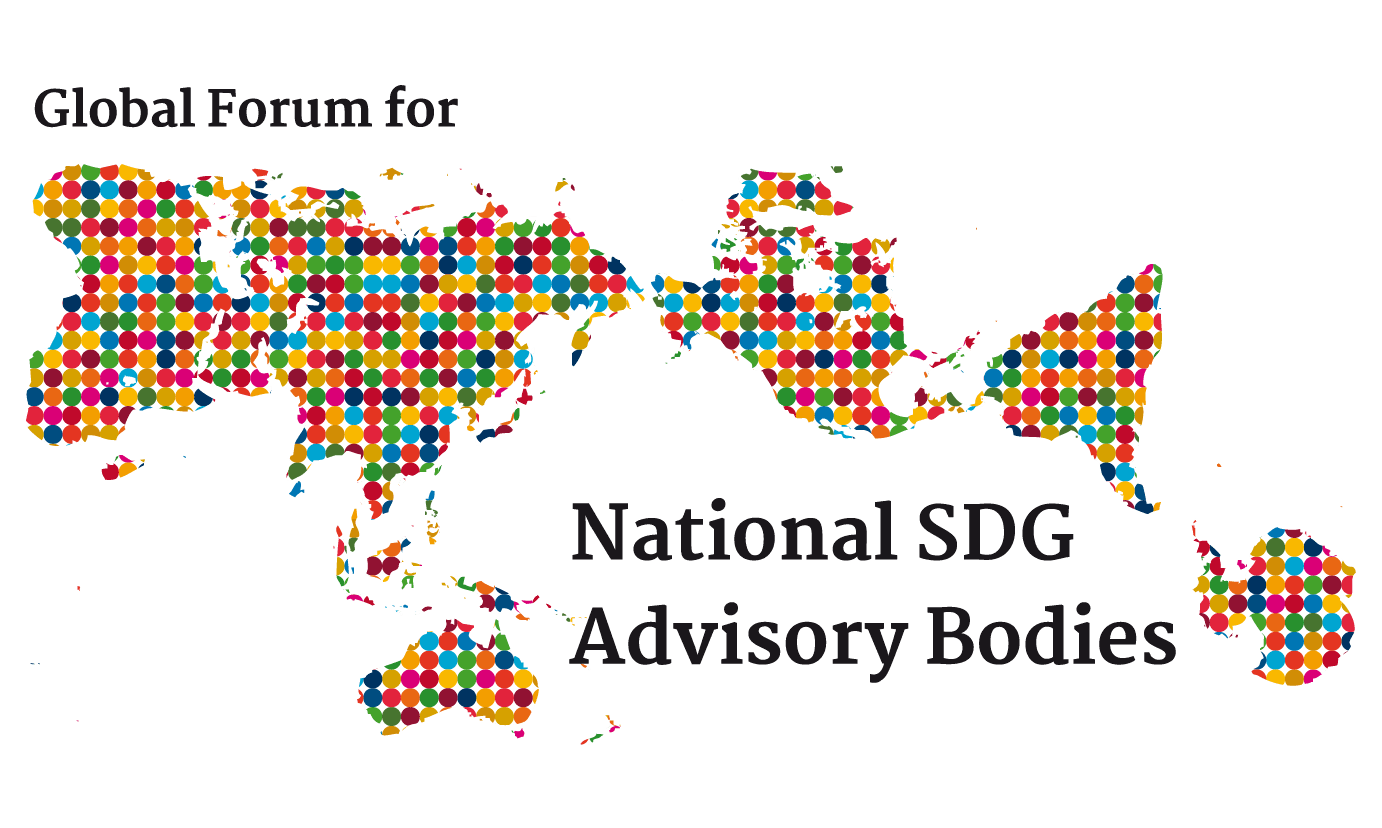More and more sustainable development advisory councils and similar organisations are being established in the Global South. However, their work is often far from easy and their resources are limited. Next week, actors are coming together in Bogotá, Colombia, at the inauguration of the Global Forum for National SDG Advisory Bodies to learn from one another.

The Global Forum was founded in September 2019 by RNE, the Finnish National Commission on Sustainable Development, UNDESA and the Stakeholder Forum. Photo: © Global Forum
How is progress being made with the United
Nations’ Sustainable Development Goals (SDG) around the world – who monitors
them in the individual countries, and who advises political leaders on their
implementation? It is virtually impossible to give a universal answer to this
question, says Dr Hannah Janetschek, Project Manager for International
Partnerships at the office of the German Council for Sustainable Development
(RNE). However, sustainable development advisory councils and similar
organisations which are working to implement the 2030 Agenda at national level
play an important role.
For this reason, from 17 to 20 February, the Global Forum for National SDG Advisory Bodies will meet in the Colombian capital of Bogotá for the first time. The network was established last September at the United Nations (UN) Sustainable Development Summit in New York. “The actors involved are incredibly diverse,” says Janetschek. There are approximately 70 participants in all. Only about a quarter come from Europe or North America, with the remainder hailing from Africa, Asia, the Middle East and Latin America.
The network is particularly important for developing and emerging countries. While Europe has had a network of sustainability bodies – the EEAC (European Environment and Sustainable Development Advisory Councils) – for quite some time, similar organisations have only been set up in many other countries since the United Nations adopted the 2030 Agenda in 2015. Implementation of the Agenda is currently proving difficult, as the UN pointed out last year. This is primarily due to the global crisis of multilateralism. The network sets out to counter this by advocating partnerships for progress. “We cannot overload advisory councils and other sustainability actors in autocratic countries with a democratisation mandate, but they can of course still make valuable contributions towards fostering sustainable development within these societies,” says Janetschek.
With this in mind, the aim is to take
concrete steps to strengthen organisations and enable projects to be
implemented. “As of result of the Voluntary National Reviews introduced by the
United Nations, numerous ‘SDG Units’ have been created in recent years which
are either very close to or part of their respective governments. This begs the
question of how these can be incorporated into the institutional sustainability
architecture of the respective countries as constructive advisory bodies to
support implementation of the SDGs long-term,” Janetschek explains. In other
countries, she adds, the opposite applies, with political leaders barely aware
of the multi-stakeholder platforms for sustainable development which have emerged
from civil society. There, the question is how to establish them permanently as
sustainability advisory councils.
Diversity is fruitful
The Forum describes its members as generating a wide range of knowledge stemming from their extensive experience of promoting sustainable development, which is shared and built upon between the individual countries and institutions. The actors’ diversity is precisely what makes the dialogue so fruitful. For example, Vietnam’s business council has been holding a National Conference on Sustainable Development since 2018, which is also attended by high-ranking politicians such as the deputy prime minister. Meanwhile, in South Africa, an alliance has formed between civil society and trade unions which were involved in producing the country’s first Voluntary National Review (VNR) on implementation of the SDGs. The review was differentiated. Although it cited progress in gender equality, for instance, with 41 per cent of members of parliament being female in 2016, the country remains blighted by substantial social inequality and violence against women.
One of the objectives of the inauguration
meeting in Bogotá is to now reinforce a multi-stakeholder approach in other
countries of the kind which is currently being established in South Africa.
This means that sustainability advisory councils should comprise as many actors
as possible as this is the only way to promote dialogue within the societies.
The advisory councils or similar bodies should neither nod through the government’s
agenda nor limit themselves to strong criticism from civil society. Instead,
the objective is to foster constructive participation and measures to bring
about sustainable development.
In concrete terms, the meeting in Bogotá could give rise to the first partnerships between countries, for example on projects to establish renewable energies or to examine how cities and local governments can produce sustainability plans. Another point is set to address the question of how individual countries can have their sustainability policy scrutinised independently, for instance via peer review processes. By the end of the meeting, a work programme covering the period to the end of 2021 should have been agreed.